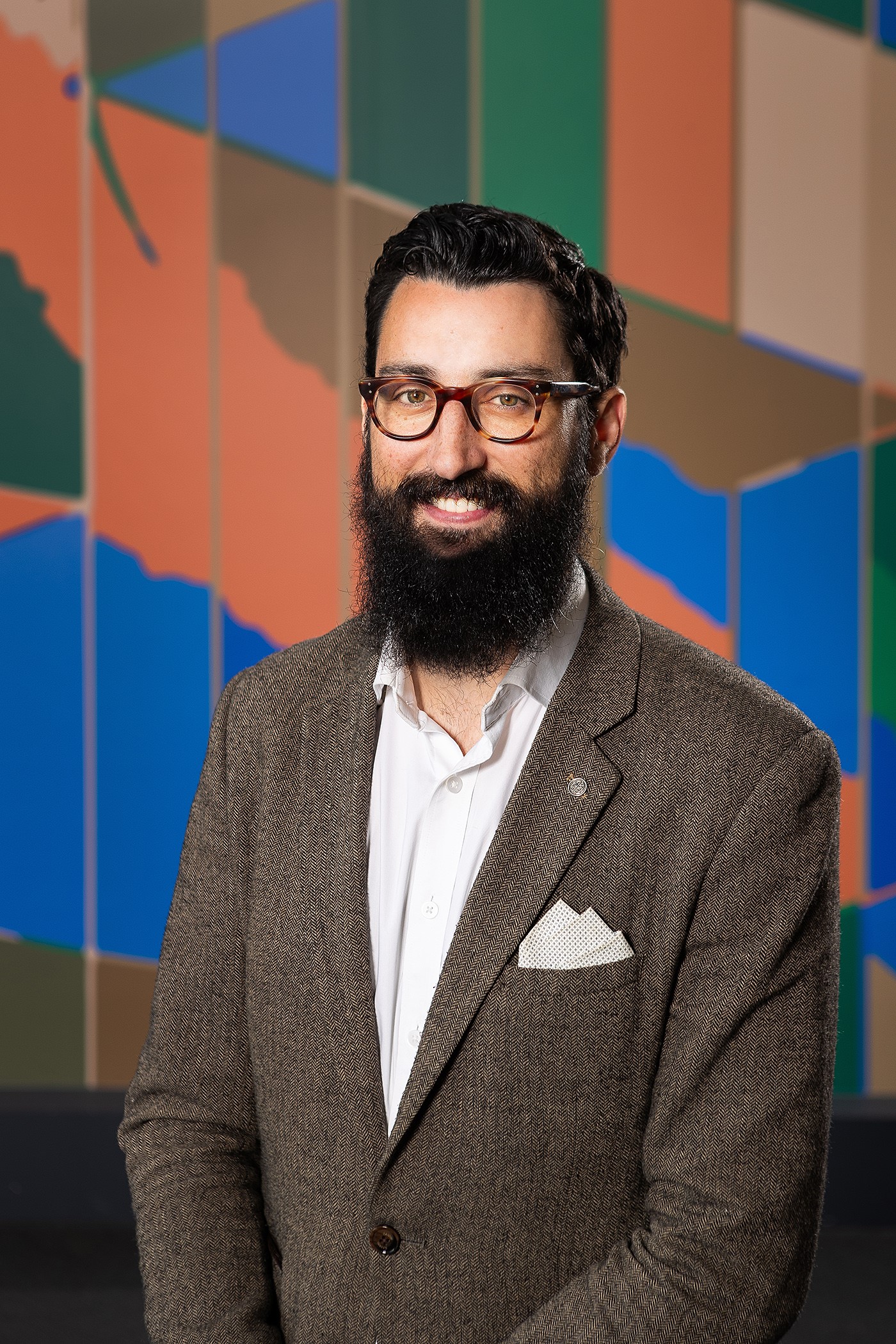Advertisement
Beyond Lifespan
The impact of regenerative medicine on healthy aging and mental health
Fact-Checked
This article has been written and fact-checked by experts in the field.

Regenerative medicine is a rapidly evolving field promising to alter the way we perceive health and the aging process. Amalgamating the fields of biology, medicine, and engineering and aiming to repair or replace damaged tissues and organs, regenerative medicine aims to harness the body’s innate capacity for self-healing.
Aging is an inevitable biological process, and despite our best efforts, nothing can turn back the hands of time: chronological aging is not reversible. That said, our understanding of the aging process has been profoundly deepened by the advancements in fields such as regenerative medicine.
As we grow older, we can demonstrate resilience and a capability for self-renewal in myriad domains, from maintaining a positive outlook despite living with chronic disease(s) to regrowing liver cells after damage.
Advertisement
Beacon of hope for improved aging
While we are far from discovering a “Fountain of Youth,” work in this area highlights the body’s potential to counteract time’s effects more efficiently than we previously understood, given the right tools and conditions. Consequently, regenerative medicine has emerged as a beacon of hope for improved natural aging.
Treatments such as stem cell therapies and platelet-rich plasma (PRP) treatments have moved from the realm of science fiction to reality, presenting opportunities for individuals with a range of health conditions to avail themselves of these innovative therapies. However, the accessibility and potential benefits of these treatments necessitate caution and informed decision-making, emphasizing the need for consultation with trusted health care professionals.
Advertisement
Enriching our healthspan
The promise of regenerative medicine extends beyond merely increasing our lifespan. It’s fundamentally about enriching our “healthspan”—the part of our lives spent in good health. Indeed, the physical rejuvenation associated with regenerative medicine should be matched with enhanced mental well-being, underscoring the interconnectedness of physical and mental health.
The role of regenerative medicine in mental health has become increasingly pertinent. Neurodegenerative diseases, a significant concern for aging populations, could potentially be combatted through the regeneration of brain cells. The enhancement of cognitive function and overall mental health through regenerative therapies could drastically improve the quality of life for aging individuals.
Advertisement
Lifestyle influences aging
Alongside regenerative therapies, lifestyle factors significantly influence aging. Adequate nutrition, regular physical activity, sufficient sleep, and active social engagement, working synergistically with regenerative therapies, could contribute to a fulfilling aging experience.
Envision a future where aging is not synonymous with decline, but with growth, wisdom, and an improved quality of life. That is the potential of regenerative medicine. It offers a proactive approach to health, promising a future where we don’t merely bear witness to our aging process but actively shape it.
Regenerative medicine is paving the way for a new understanding of aging, where our golden years can be met with optimism and vitality. The field presents an exciting frontier where aging is not just about adding years to life, but indeed, life to years.
Regenerative lifestyle tips
Adopting regenerative principles in daily life can foster greater healthspan.
· Regular exercise enhances mental well-being and promotes neurogenesis.
· There is strong evidence that physically active people have better health-related physical fitness and are at lower risk of developing many disabling chronic diseases.
· Consuming a balanced diet rich in omega-3s improves cognitive health.
· Maintaining social connections bolsters mental resilience.
Aging and mental health
According to the World Health Organization, around 15 percent of adults aged 60 and over suffer from a mental disorder, highlighting the significant intersection between aging and mental health. This underscores the importance of investing in mental health care and research for the aging population, including exploring promising fields such as regenerative medicine.





